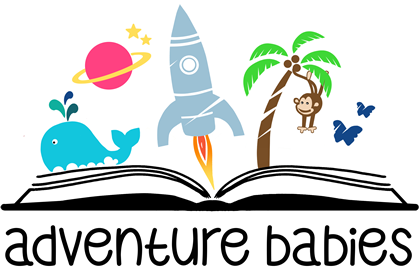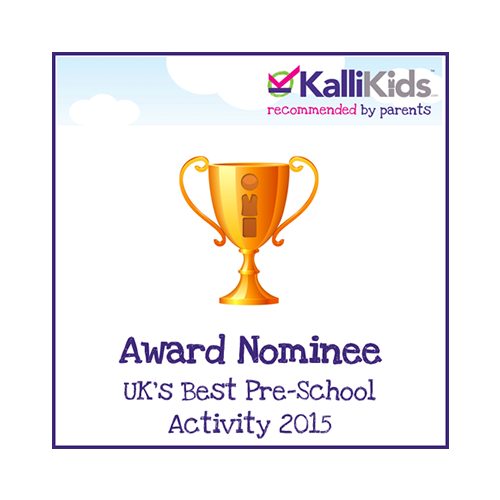The Power of Nursery Rhymes in Baby Language Development
Let’s talk nursery rhymes. Yes, the ones your nan sang, the ones that have been passed down through generations, and the ones that can—believe it or not—play a serious role in your baby’s brain development. If you’re on maternity leave and wondering how to make the most of your time together without turning it into a never-ending Pinterest project, you’re not alone. The good news? Something as simple as singing Twinkle Twinkle or Row, Row, Row Your Boat can do wonders for your baby’s early language skills.
So if you’ve been quietly googling nursery rhymes for baby language while rocking a sleepy newborn in one arm and a lukewarm cup of tea in the other—this one’s for you.
Why nursery rhymes are a secret language superpower
Babies are born wired to learn language. Before they even speak a single word, they’re tuning in to the rhythm, melody, and patterns of the sounds around them. Nursery rhymes offer all of that—and more.
The repetition? Gold for memory.
The rhythm? Helps babies predict what comes next—an early form of sentence-building.
The rhyme? Encourages phonemic awareness (basically, hearing the building blocks of words).
The silliness? Keeps both of you smiling when you’ve forgotten what day it is.
And because nursery rhymes are short, they’re easy to repeat often—which is exactly what babies love and need. Hearing the same rhymes over and over actually helps babies start recognising and responding to the sounds of their native language. Yep—every baa baa and moo moo is laying the groundwork for future speech.
Easy ways to build language every day (no prep required)
You don’t need flashcards, a music degree or an endless supply of free time. Just a few minutes of nursery rhymes here and there can make a big impact. Here are some super-achievable ideas to try:
-
Make rhymes part of the routine: Sing the same ones during nappy changes, bath time or walks. Repetition helps babies feel safe and learn faster.
-
Add actions: Little hand movements boost memory and keep your baby engaged. Even if they can’t copy you yet, they’re soaking it all in.
-
Get face-to-face: Babies learn best by watching your mouth and expressions. Sing slowly, exaggerate sounds, and make it fun.
-
Mix in books: Look for rhyming storybooks with bold pictures. Babies love hearing familiar rhymes read aloud—it helps them link words to images and meanings.
At Adventure Babies, our sessions are built around exactly this kind of learning—story-based, sensory-rich, and full of nursery rhymes. You’ll probably recognise the tunes, and your baby will love the repetition and rhythm that help words come to life. But whether you’re in class with us or singing in your kitchen, the magic is the same.
What parents search for: nursery rhymes for baby language
So if you’ve been frantically searching “nursery rhymes for baby language” at 3am, just know: you’re already doing something amazing just by singing along. It’s easy to underestimate the power of these tiny songs—but they’re like little linguistic workouts for your baby’s brain.
And as for that whole “supporting baby’s development” thing? It doesn’t have to be complicated. It can be as simple as a rhyme, a cuddle, and a moment shared.








